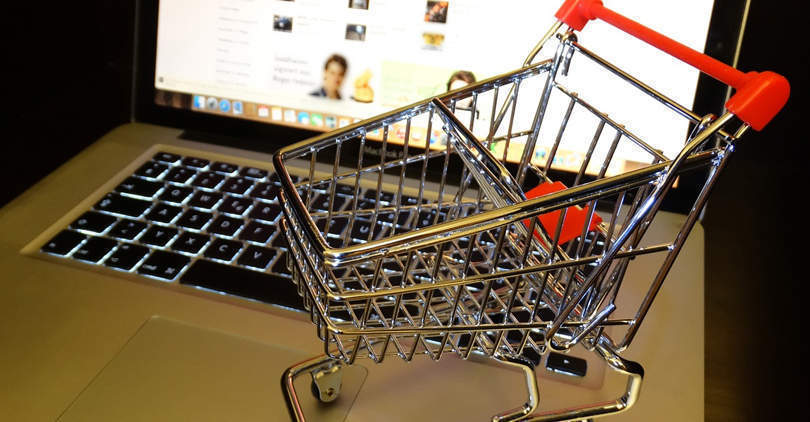
Govt reinstates prohibition of non-essential delivery by ecommerce cos till May 3


In a U-turn on its previous decision, the government on Sunday announced that delivery of non-essential goods by ecommerce companies will remain prohibited till the end of the national lockdown on May 3.
Earlier, the Centre had allowed state governments to decide whether to allow full-scale ecommerce operations or not. Odisha, Rajasthan and Maharashtra said they would allow all ecommerce deliveries from April 20, when regions not impacted by Covid-19 are set to see businesses open partially.
Prior to the clarification issued on Sunday, traders bodies strongly opposed the government’s decision to open up all deliveries for ecommerce service providers.

The Confederation of All India Traders (CAIT), which represents small traders, had written to the minister of commerce and the Prime Minister’s Office, flagging the issue. The Retailers Association of India (RAI), which represents department and retail store chains, had asked the government to allow these stores to supply non-essential goods directly to consumers.
“We believe that to fulfill consumer needs in these trying times, rules for direct customer delivery need to be broad based and all types of retailers, including neighborhood stores, should be allowed to operate. This will allow retailers to support smooth implementation of social distancing norms through contactless delivery, strict hygiene and safety standards for such work from home essentials as mobiles, laptops, infant garments and household supplies,” Kumar Rajagopalan, CEO of RAI, said in a statement.
Read: Coronavirus India LIVE updates

While the note from the Ministry of Home Affairs does not define non-essential goods, ecommerce companies such as Amazon India, Flipkart, Snapdeal and ShopClues will only supply staples, fresh produce, groceries, personal care and hygiene products.
Had the government allowed the delivery of non-essential items, ecommerce companies predicted that electronics, including laptops, tablets, small appliances and chargers, would be among the top orders. However, with Sunday’s notification, these categories, including mobile phones, which make up over 70% of orders on ecommerce platforms, will take a hit.
Ecommerce entities had also begun to ramp up last mile delivery operations, according to a staffing company.

“Flipkart had asked for additional staffing in regions to scale up last-mile delivery operations by over 2,000 people in key states, but the plans are on hold due to the (new) guidelines,” a staffing solution provider told TechCircle on the condition of anonymity.
After the clarification was issued, Snapdeal said it will operate in compliance with the new guidelines. On the other hand, apparel retail platform LimeRoad has asked that the government reconsider its decision, which it said affects the livelihoods of its seller partners.
“We completely support a level-playing field. However, the next few weeks, we humbly request, must be about livelihood and public safety for all of us to get back into some semblance of normalcy,” Suchi Mukherjee, CEO of LimeRoad, said in a statement. The platform works with close to 5,000 apparel manufacturers.

